The Social and Community Environments:
Initiatives That Go a Long Way

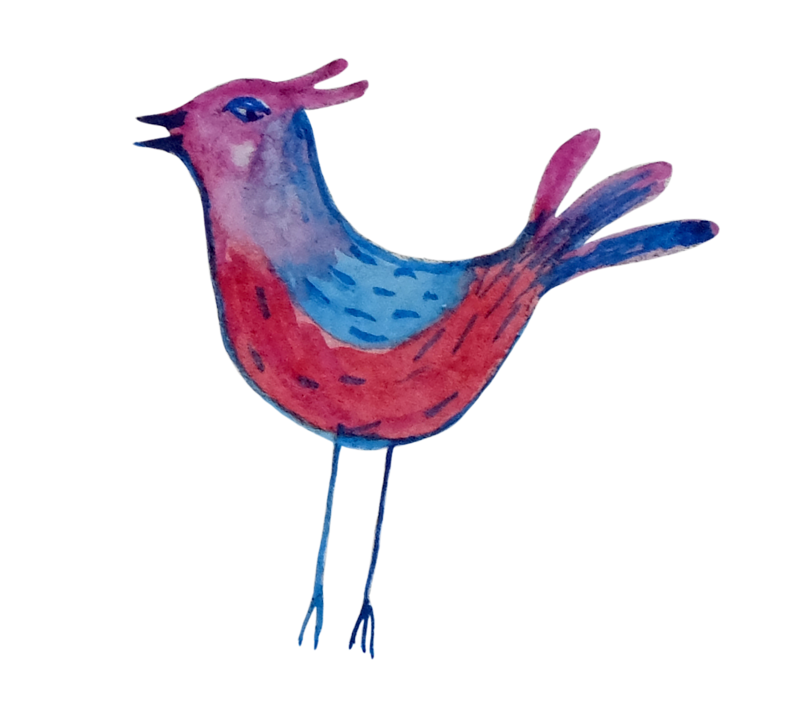













Did you know that a number of social and community initiatives have been implemented in recent years all across Canada, from helping newcomers develop a sense of belonging to their new community, to passing on the cultural heritage or teaching people about Francophone culture, to inspiring or developing innovative projects together?



Welcoming communities for newcomers
We all know it’s not easy to start over in a new city, a new country. Fortunately, there are organizations that welcome and integrate newcomers and do their best to support them in both official languages. One such organization that I’d like to highlight is Immigration francophone, an initiative of the Fédération des communautés francophones et acadienne (FCFA) du Canada, which works with member organizations at the national level to make sure that immigration objectives are met. The 14th annual Journée de réflexion sur l’immigration francophone [Reflection Day on Francophone Immigration] will take place on March 18, 2020. It’s the perfect opportunity to identify research priorities and ensure that all discussions incorporate the expertise and roles of Francophone and Acadian communities with respect to immigration.









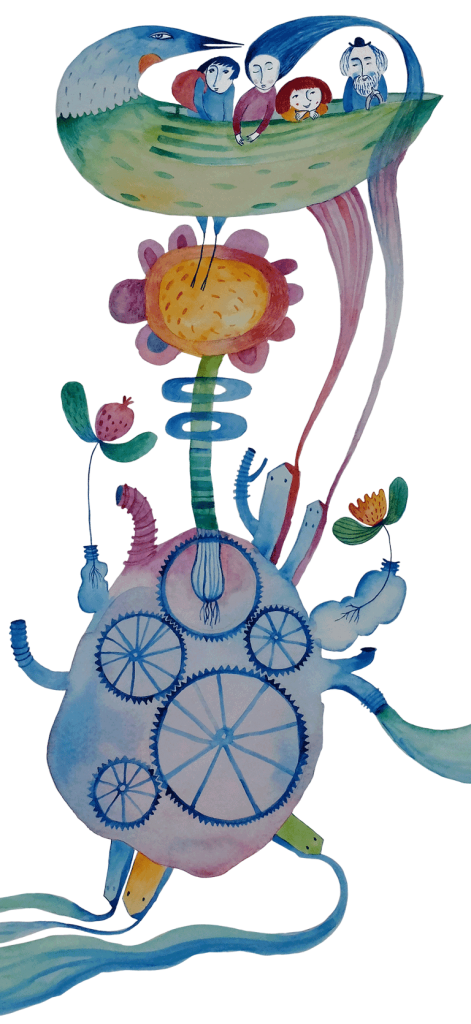

sonia lebel
Minister responsible for Canadian Relations and the Canadian Francophonie
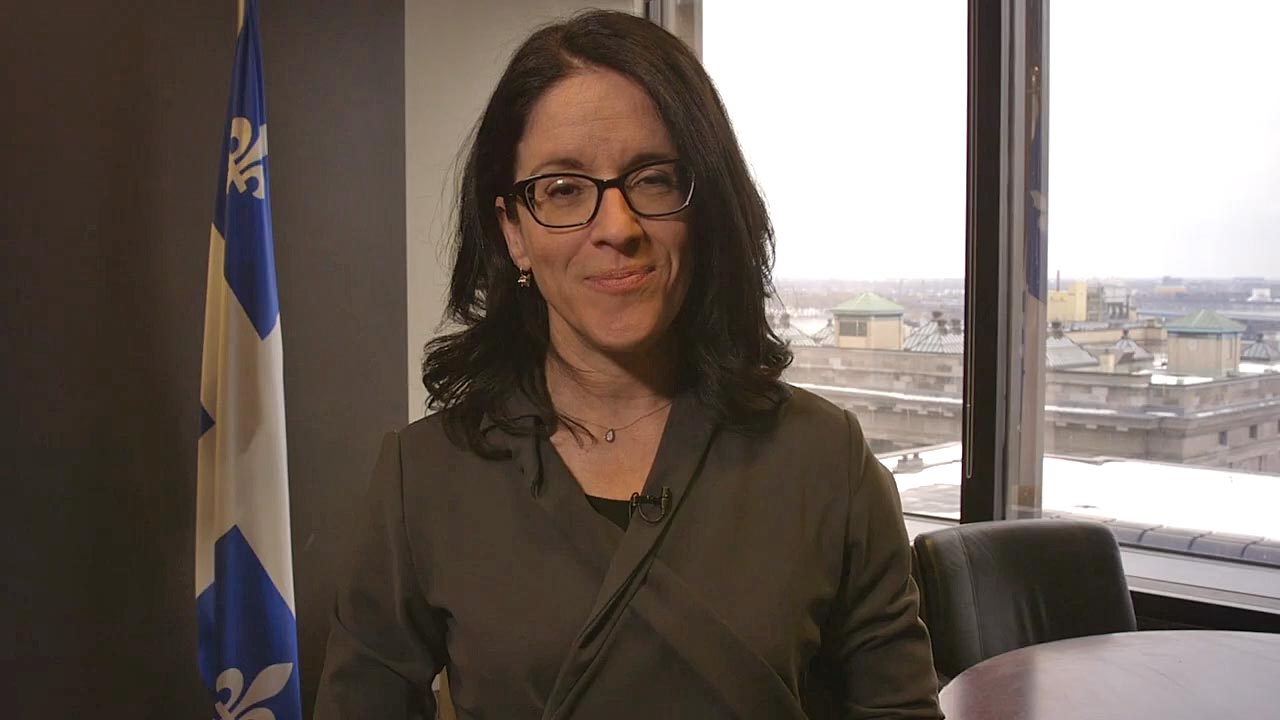

Active and engaged seniors
Seniors moving into private residences or group homes hope to find an environment that is adapted to their needs and their level of autonomy. It is crucial for these accommodations to provide an environment that combats isolation and allows seniors to remain socially, mentally and physically active. I would like to commend the Fédération des aînées et aînés francophones du Canada and eight of its member organizations for launching a large-scale national project at the beginning of 2020 that addresses these needs. Other initiatives will also be undertaken in the coming months, such as the creation of a computer-based sharing platform to manage training sessions and the facilitation of online activities for people aged 50 and over.
As one of the many activities organized across the country, I learned that the Association francophone des aînés du Nouveau-Brunswick (AFANB) launched Rendez-vous mieux-être 50+ [50+ Wellness Gatherings], as part of their project “Actifs, en santé et partenaires de nos communautés!” [Active, healthy and involved in our communities!]. This initiative is intended to enhance the wealth of knowledge and skills of the province’s Francophone seniors while helping them stay active and maintain good mental and physical health.
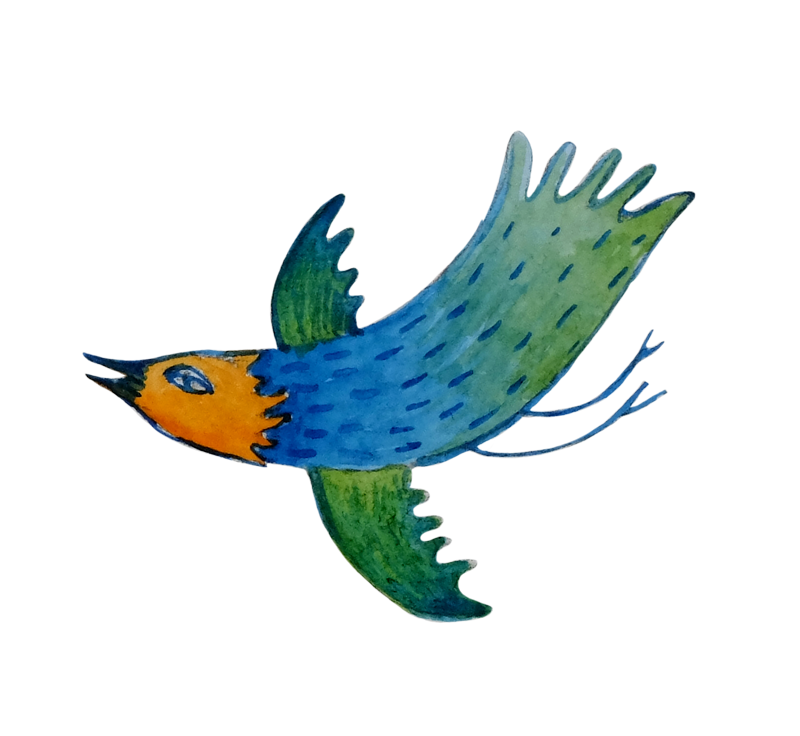


Initiatives that support French-language education
There’s a lot going on in the field of Francophone education. Of course, I can’t list all of the initiatives, but I would like to tell you about two that I learned of recently. The Regroupement des éditeurs franco-canadiens (REFC) now produces educational materials. In collaboration with writers and consultants from the education and literacy sectors, the Regroupement has created high-quality educational tools to help young students develop literacy and build their identities. These materials are designed for classroom instruction.
The Consortium national de formation en santé (CNFS) will be giving awards as incentives to students who demonstrate their commitment to pursuing a career in health care in French and to becoming ambassadors for the active offer of health and social services in French in Francophone minority communities. It’s a great way to encourage French-language post-secondary education!
a word from parks canada


Linguistic duality is a fundamental value for Parks Canada. It allows us to connect with and unite all Canadians. We promote it to enhance the vitality and support the development of official language minority communities across Canada. Each year, Parks Canada helps bring the country’s linguistic communities closer together. We welcome millions of visitors to engage with Canada’s shared cultural and natural heritage through our national parks, national historic sites and national marine conservation areas. We are committed to continuing along this path and protecting our official languages. In strengthening the Canadian Francophonie, we strengthen Canada.
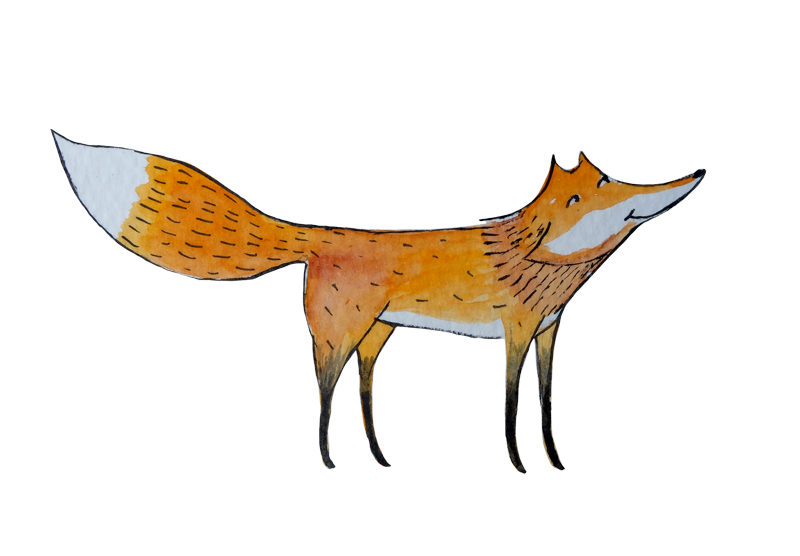

Significant challenges for Francophone community media



Mainstream and local Francophone and Anglophone media outlets have been facing significant challenges for several years now. However, the community is united in its efforts to save its daily newspapers. For example, in 2019, a group of employees and executives from Groupe Capitales Médias (GCM) launched a campaign called “Je coopère pour mon journal” [I’m doing my part for my newspaper] to revive the news group and its six daily regional newspapers by creating a cooperative. This is an important campaign because Le Droit, for one, benefits from staying in Ontario, where it can remain close to Franco-Ontarians.
The Association de la presse francophone (APF), which represents 23 newspapers published in Francophone minority communities outside of Quebec, recently announced the launch of the Local Journalism Initiative (LJI), a Government of Canada initiative to provide news coverage in underserved areas of the country. From now until the end of March 2021, journalists across Canada will produce nearly 1,000 articles on local issues or on communities that are underserved by French media. Note that the APF works hard to support Francophone newspapers across the country. In fact, the board of directors has agreed, as part of its charter, that the APF should provide leadership for the LJI and take the necessary measures to define and clarify the roles and responsibilities of its member newspapers with respect to the Francophone and Acadian populations they serve.












Discover Francophone culture in other ways
Finally, in doing my research for this editorial, I learned a lot about the vitality and collaborative spirit of the country’s Francophone communities. As a Quebecer, I expanded my vision of the beauty of Canada’s Francophonie, including people who speak French as a second language. There is so much more I could say. For example, I could tell you about Canadian Parents for French and its public speaking contest, or about the Immersion Clip contest put on by the Canadian Association of Immersion Professionals. But I encourage you to find out more by doing as I did: take the time to do some research to discover the cultural beauty, community spirit and welcoming nature of Canada’s Francophonie.






